Finding good kimchi is challenging. Most large grocery stores and even some Asian markets don’t carry the spicy fermented cabbage dish. Luckily, plenty of recipes available online will teach you how to make your own at home. And if you’re looking for tips on incorporating more kim-chi into your meals? Look no further!

Kimchi- What Is It and Why Does It Matter?
Kimchi is a traditional Korean dish made from fermented vegetables. It’s chock-full of probiotics, which are good for your gut health and digestion.
It may seem weird to eat something that smells and looks like it came out of someone’s armpit, but kimchi is super high in fibre, vitamins and minerals, making it a great addition to any diet (even if you’re not into the whole “fermented” thing). The fermentation process also lowers the calories in kimchi by 60%. Was your mind blown yet?
Why Are We So Obsessed with Kimchi?
Kimchi is a fermented food and has been around for thousands of years. It’s rich in probiotics, which help to keep your gut healthy.
In addition to being low in calories and fibre, it’s also rich in vitamins A and C, as well as minerals such as potassium and iron.
The most active ingredients found in kim-chi are organic acids (lactic acid), amino acids (glutamine), polyphenols (flavonoids), carotenoids (beta-carotene) and folic acid.
Which Types of Kimchi Are the Healthiest for You?
You may have heard that kimchi fill with probiotics, but what exactly are they? Probiotics are live microorganisms that benefit your health. They occur naturally in some foods and also can be added to others.
The most common type of bacteria fermented foods is Lactobacillus, you can show to help improve digestion and enhance immunity. While there’s no one size fits all answer to eating a wide variety of foods containing these beneficial bacteria, incorporating kimchi into your diet is an easy way to get more probiotics into your diet.
Can I Eat Too Much Kimchi?
Yes, you can eat too much kimchi. It’s high in sodium, which can cause stomach upset and even weight gain if you eat too much of it. If you’re pregnant or breastfeeding, avoid eating kimchi because it might contain Lactobacillus bacteria that could be harmful to your baby.

Conclusion
So, if you’re not already a kim-chi lover, we think it’s time to make an effort to change your ways. Kimchi is amazing because it can be used in so many different ways: as a topping for burgers and tacos or even just straight out of the jar. It’s also great because it has so much vitamin A and C in it (two nutrients that are notoriously difficult to find in other foods).
You don’t have to go out and buy a bunch of jars immediately, though (though if you want some new flavours or brands, we highly recommend doing so). Just remember these tips while making your own batch next time!
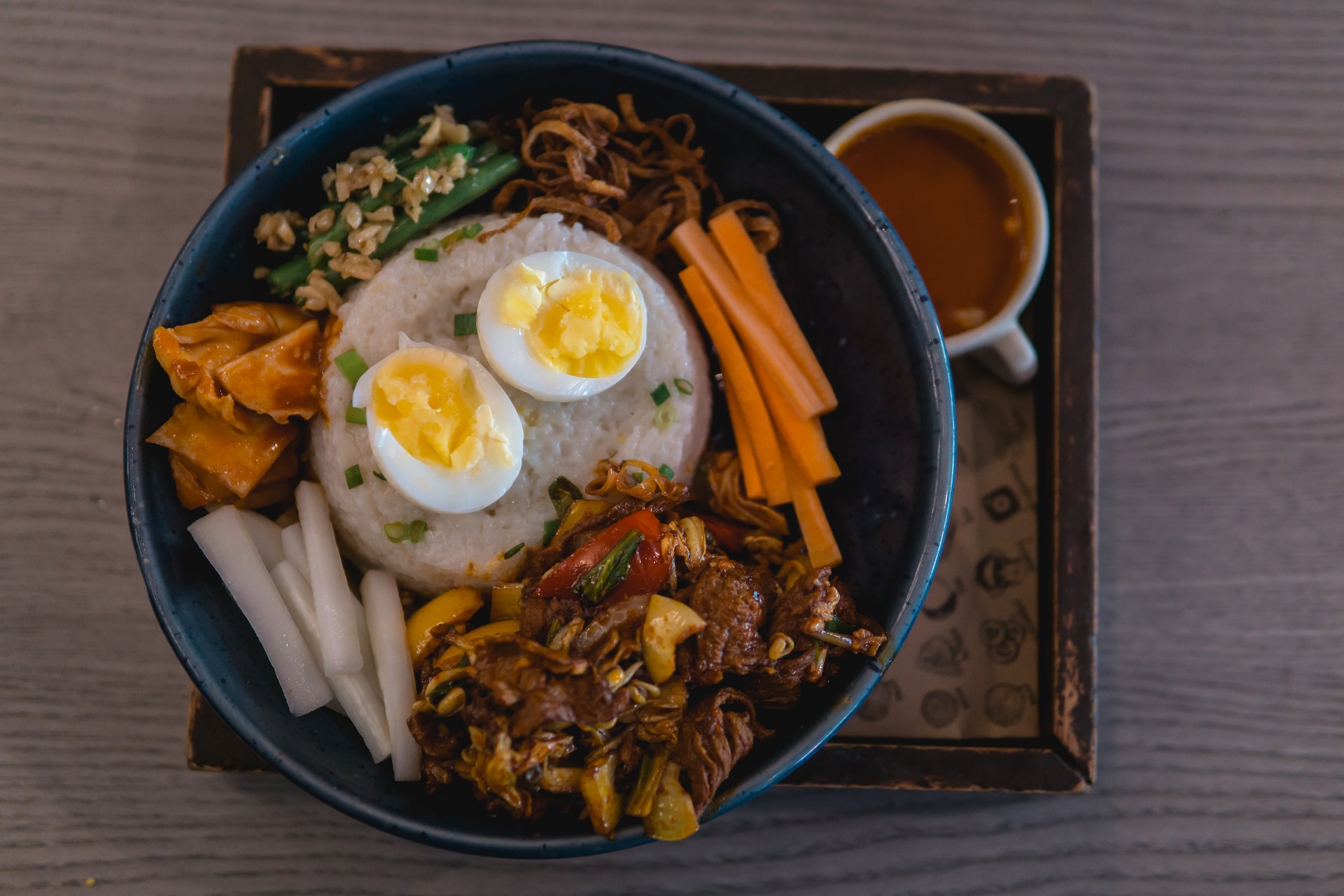


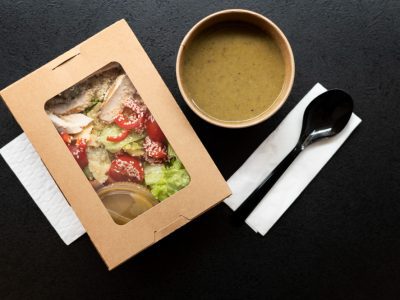

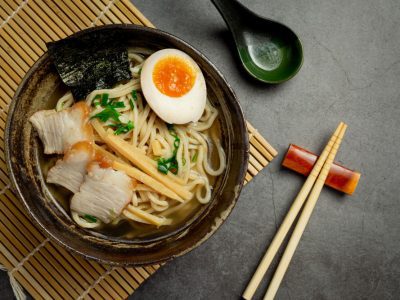

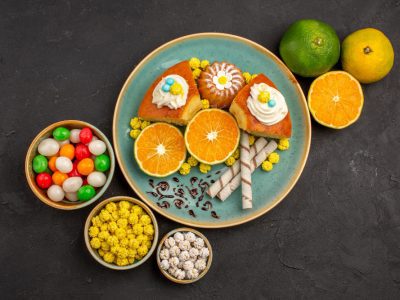


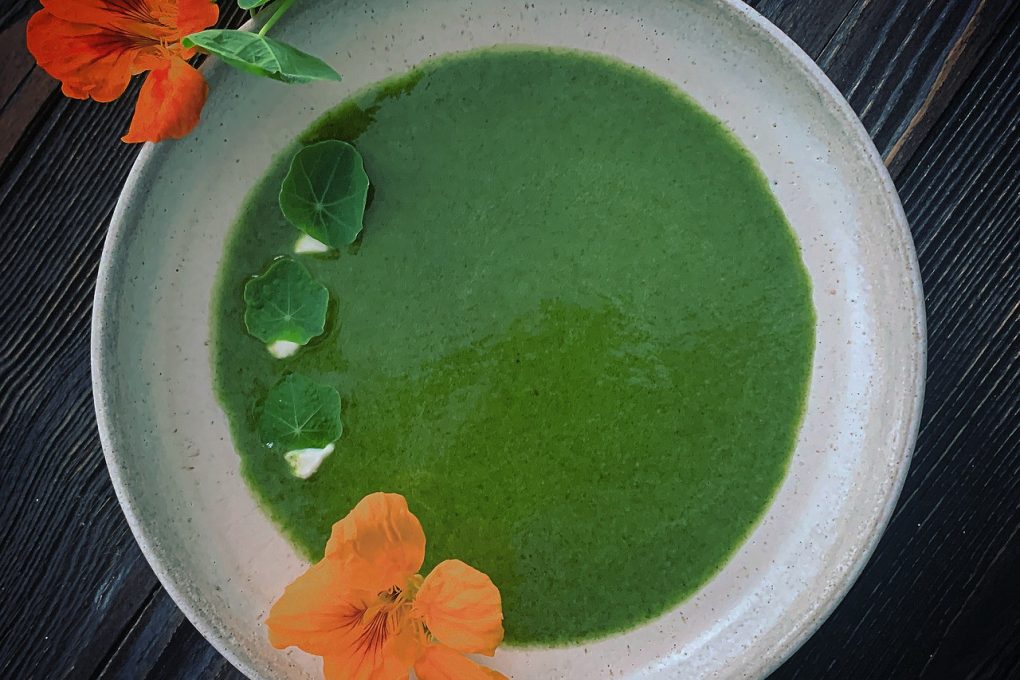

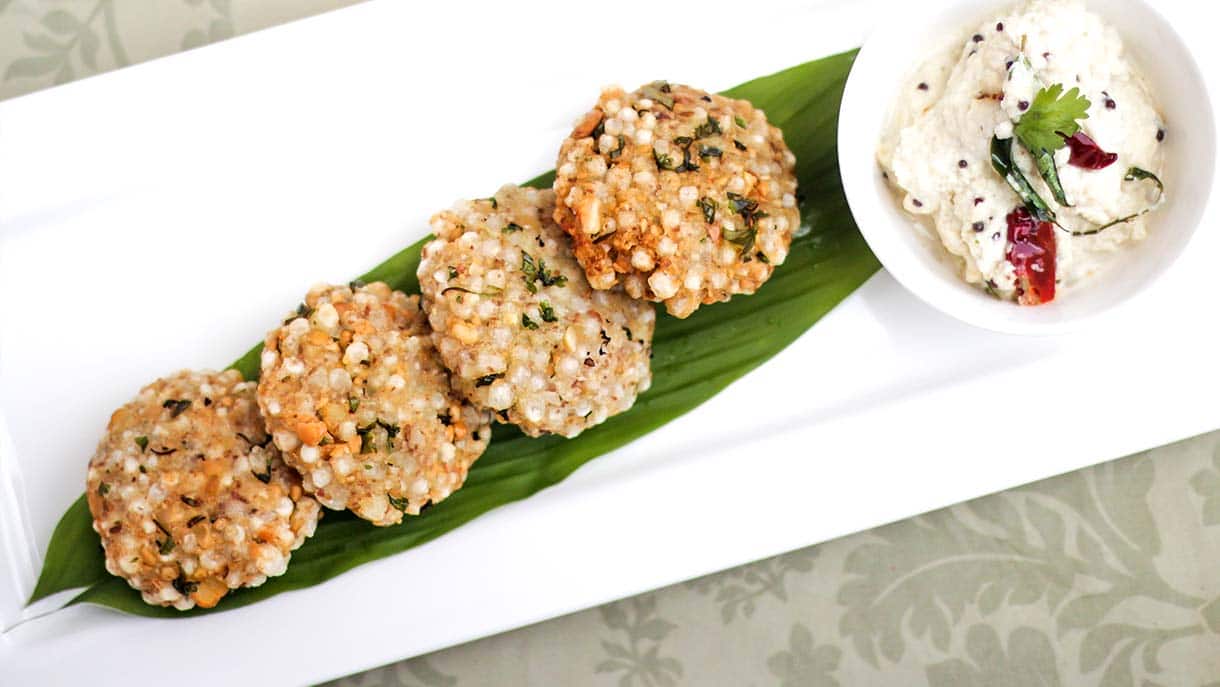




[…] ensure that the food being served is as fresh as possible and that it has been sourced from nearby farms rather than industrial-scale producers. This trend has been growing over the past few years and […]
[…] Kimchi is a traditional Korean side dish made from fermented vegetables, usually cabbage or radish. It is packed with probiotics, fiber, and vitamin C, making it a nutritious addition to your meals. The probiotics in kimchi can help improve gut health, boost immunity, and reduce inflammation. […]